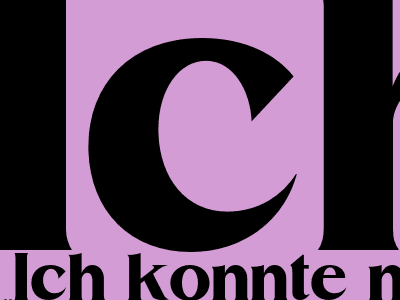
Why A Free Market Economy Is Not Good
How a free market economy benefits the few
Free market economies are often touted as the best way to allocate resources and create wealth. However, there is a growing body of evidence that suggests that free market economies are actually not very good for the majority of people.In a free market economy, the means of production are privately owned and controlled. This means that the people who own the capital (the means of production) are the ones who reap the benefits of the economy. The rest of the population is left to compete for the scraps. This can lead to a great deal of inequality, as the owners of capital become increasingly wealthy while the rest of the population struggles to make ends meet.
Free market economies are also prone to boom and bust cycles. When the economy is booming, the owners of capital make a lot of money. However, when the economy busts, the workers are the ones who suffer. This is because the owners of capital can simply lay off workers or reduce their wages, while the workers have no other source of income.
How a free market economy is not the only way to allocate resources
There are other ways to allocate resources that are more equitable and sustainable than a free market economy. One alternative is a planned economy, in which the government controls the means of production. This can lead to a more equal distribution of wealth and a more stable economy. Another alternative is a cooperative economy, in which the workers own and control the means of production. This can lead to a more democratic and participatory economy.The free market economy is not the only way to allocate resources. There are other alternatives that are more equitable and sustainable. It is important to consider these alternatives when making decisions about how to organize our economy.